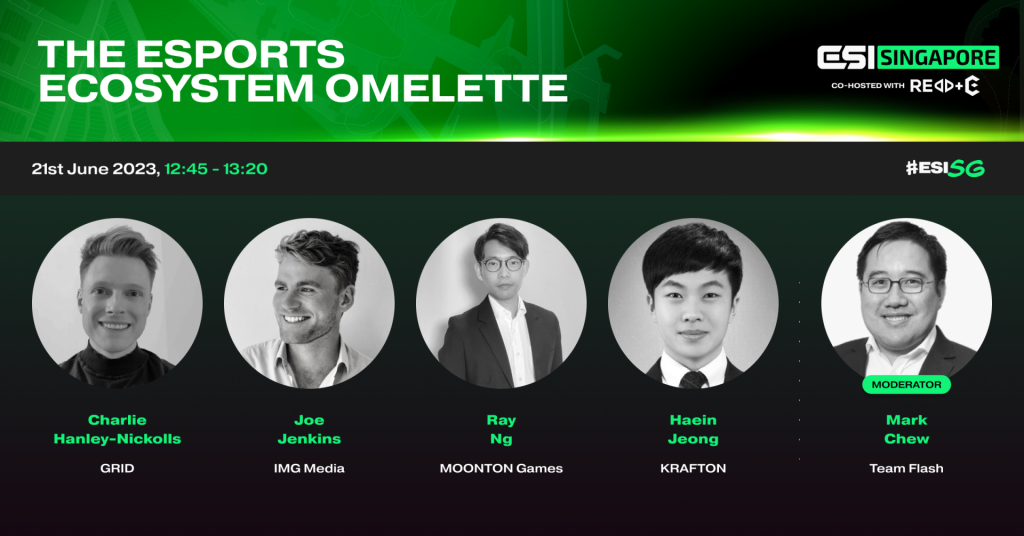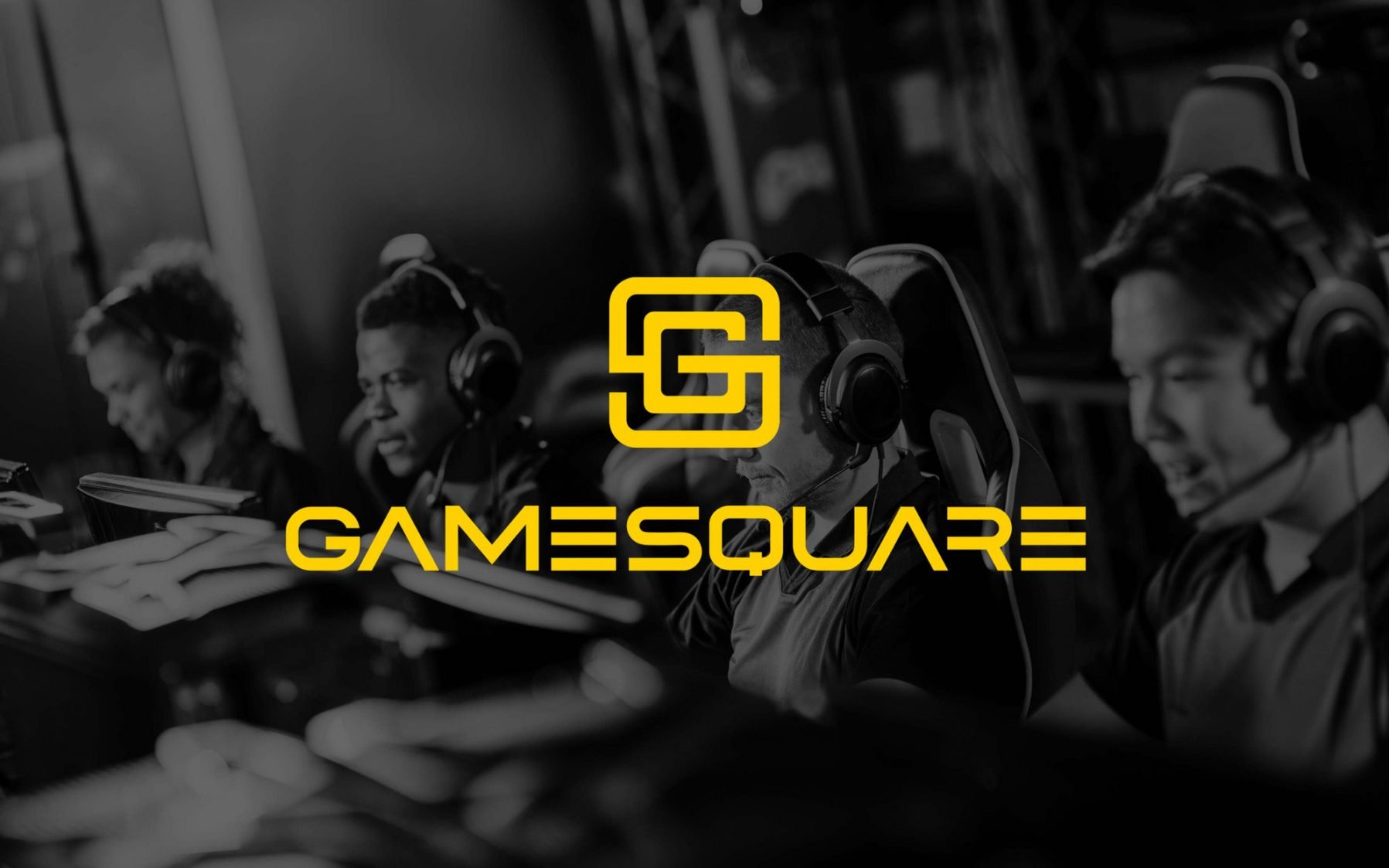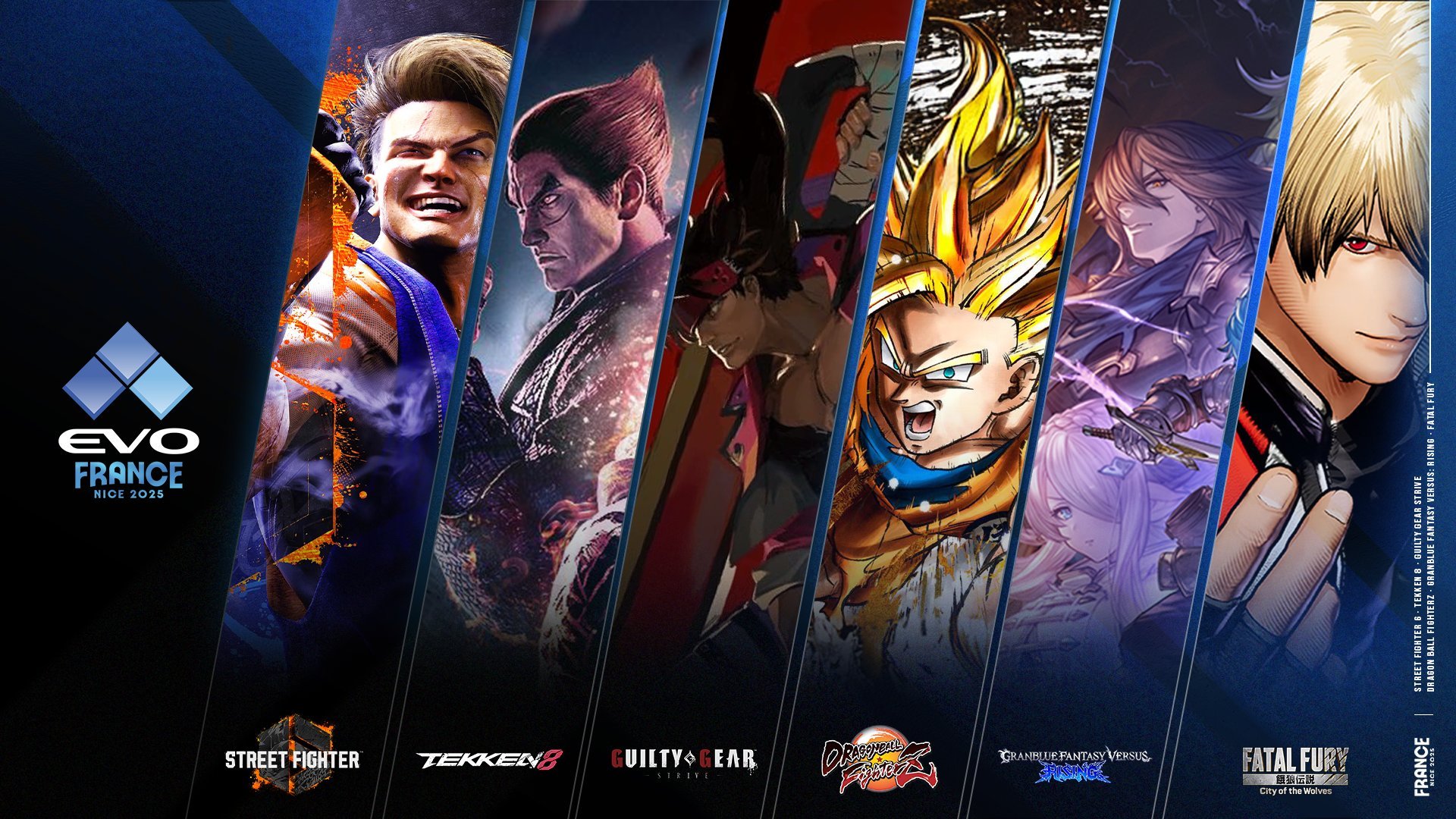Ahead of Esports Insider’s latest industry conference, ESI Singapore (20-21st June), we delve into the context behind an upcoming panel on esports ecosystems.

Image credit: Shutterstock
The perfect omelette doesn’t exist… simply because everybody’s ideal version differs from person to person.
Some prefer the classic egg, butter and cheese, whilst others add an assortment of extras to create new flavours. In a sense, the esports ecosystem is the same as one of egg’s most famous delights. Whilst all have the same foundation, there are a variety of differences that suit the intricacies of that specific game.
Moreover, Valve recently reportedly requested that CS:GO’s permanent partner team leagues, such as BLAST Premier and ESL Pro League, adapt their recipe ahead of the launch of Counter-Strike 2.

Interested in this topic? On June 20th-21st ESI Singapore will be delivering an engaging panel featuring major industry stakeholders on this very subject! Secure your tickets now.
Discover the future of esports, uncovered, as we deliver unmatched networking on the Singapore River, enriching industry discussions, delicious F&B and a fun evening reception!
There are a myriad of other factors that are constantly in play that majorly influence a game’s esports ecosystem. None is greater right now than the ‘esports winter’ that is currently freezing the industry financially. As a result, it’s equally important that game developers, or major tournament organisers that represent various titles, continue to innovate in order to support teams and players that are suffering during this harsh weather.
Esports organisations are in a state of diversification, with many narrowing their position to certain ‘legacy’ titles all while developing revenue opportunities outside of competitive gaming. This arguably makes it even more crucial that the games these organisations stick to are beneficial and sustainable.
The three main categories of esports ecosystems that exist right now are franchise leagues (closed ecosystem), partner programmes (semi-closed) and open tournaments (open ecosystem). These three categories do, however, vary from game to game and even from organiser to organiser. It’s best to think of it as more of a spectrum, as opposed to a set definition — like the broad categories of sweet & savoury omelettes.
For example, Mobile Legends: Bang Bang’s scene in Southeast Asia operates through a mixture of franchised regional leagues that organisations paid to enter (Philippines and Indonesia) and open regional leagues with promotion/relegation (Malaysia). All are housed under the MPL moniker. The game’s different competitive structures continue to highlight that ecosystems aren’t even just delivered title by title, but also region by region.
Lucas Mao, the Managing Director of Global Esports at Moonton Games, told Esports Insider in 2022: “The first thing is — before you transfer into the franchise model — you should make sure you have a very solid infrastructure in the country.”
As important as the game publishers themselves are the stakeholders that are the glue to the whole operation. Third-party tournament organisers make or break viable structures, whether that’s for a game’s tier-one or grassroots ecosystem.
Esports data platforms, for their part, ensure information is available for teams, players, audiences, and betting sites. Even agencies are crucial when it comes to supporting players and teams commercially, whether through contract negotiations or securing partnerships and revenue opportunities.
Dialogue is equally as important when it comes to creating an ideal esports ecosystem, especially between game developers, tournament organisers, teams and other essential stakeholders.
At ESI Singapore, Esports Insider’s upcoming global esports industry conference, the likes of MOONTON Games and KRAFTON will sit down alongside esports data platform GRID, agency giant IMG and esports organisation Team Flash to discuss their thoughts on various recipes for the esports ecosystem omelette.
Tom has been part of Esports Insider's team since October 2020 and is currently the platform's Editor. When not playing Football Manager, he enjoys reporting on the mobile esports scene as well as the betting sector.
















